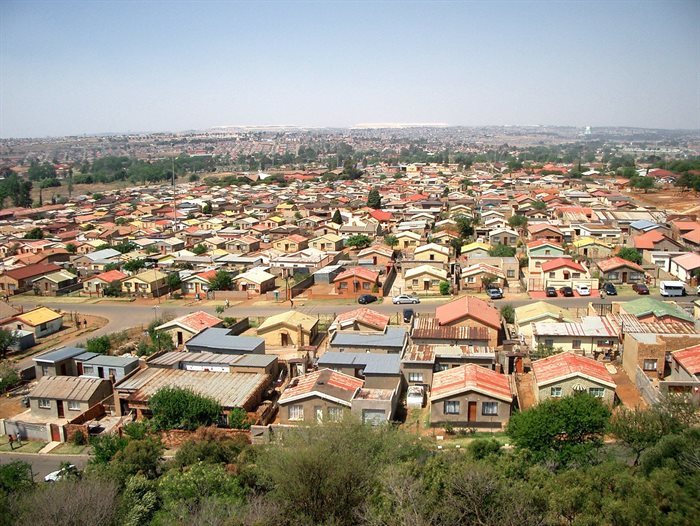
Related

Can South Africa’s social grants help people make a better life? Research offers hope
Leila Patel 7 Nov 2025




Revealed: KFC's new “secret recipe”
8 Oct 2025

Top stories



Marketing & MediaWarner Bros. was “nice to have” but not at any price, says Netflix
Karabo Ledwaba 1 day


Logistics & TransportMaersk reroutes sailings around Africa amid Red Sea constraints
Louise Rasmussen 17 hours

More news

























